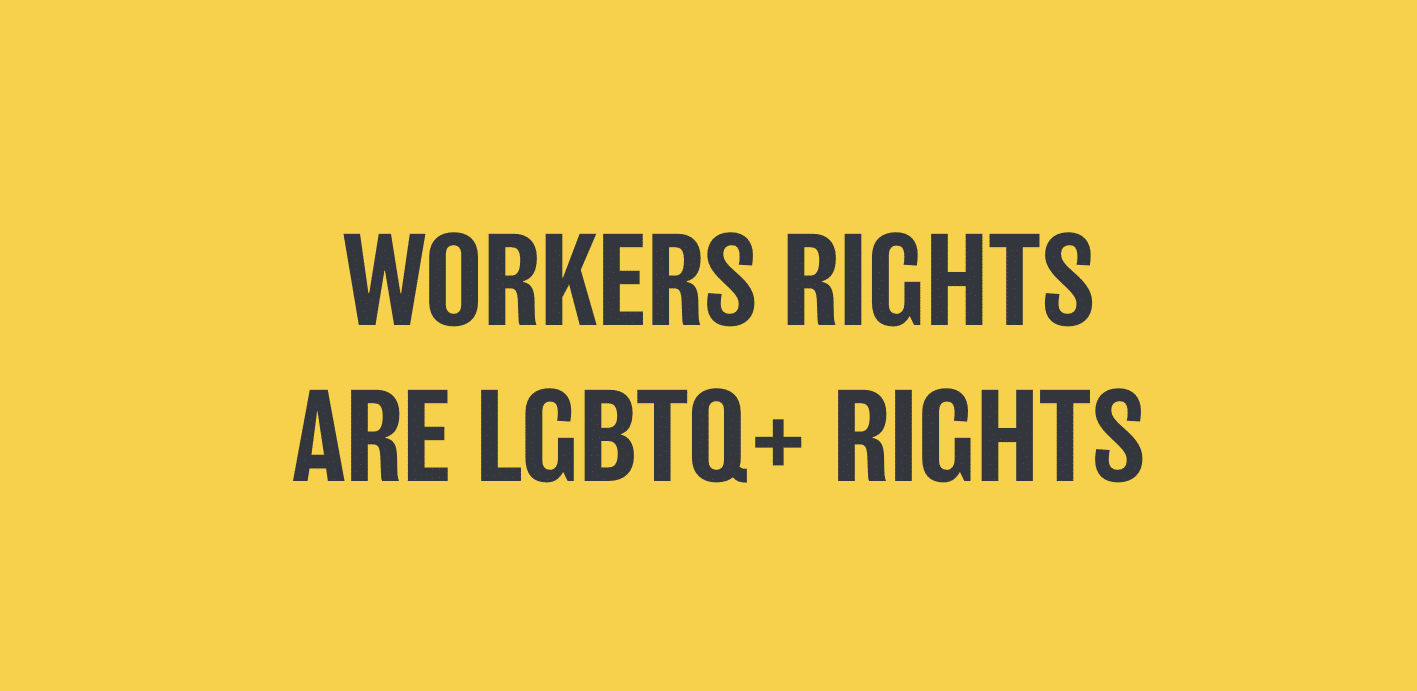LGBTQ+ Rights Are Legitimate, the Supreme Court is Not

Today, in Bostock v. Clayton County, Georgia, the Supreme Court affirmed what we all knew: Title VII prohibits employers from firing workers on the basis of their sexual orientation or gender identity. That the Supreme Court defied all expectations to reach the correct conclusion is an incredible testament to the LGBTQ+ leaders, especially the Black and Brown leaders in the movement, who brought us to this moment. Our nation is forever in debt to Donald Zarda and Aimee Stephens, just as we are to Marsha Johnson, Lorena Borjas, Bayard Rustin, and so many more. Like Gerald Bostock, they should have been alive to see this day.
And yet, even as we celebrate today’s win, we are reminded of how precarious the rights of marginalized groups are in the United States. When we woke up this morning, nobody knew if the Supreme Court would deem LGBTQ+ people worthy of legal protection at 10:00 a.m. A Supreme Court that puts the rights of millions at the mercy of the whims of Neil Gorsuch and John Roberts is one that lacks the fundamental legitimacy that our system demands. When people everywhere know that this decision will only re-double the right’s commitment to ensuring that the next judge or justice they appoint is even further to the right than Justice Gorsuch, we must acknowledge that the time for fundamental changes to our judiciary has come.
We are also reminded that today’s win alone will not create the country that the LGBTQ+ community deserves. The Court’s interpretation of the Federal Arbitration Act means that employers can still require that workers sign away their rights under Title VII. Millions of Americans sign these rights away daily, including nearly 60% of Black workers. By 2024 it is estimated that over 80% of non-union workers will be forced to sign an arbitration clause. There is still the possibility that Trump judges on the 9th U.S. Circuit Court of Appeals will determine that same-sex couples are not entitled to survivor benefits. While the rights won in recent years mark an incredible step forward, we know that they are only as secure as the next appointment to the Supreme Court.
Thus, while we celebrate today, we return to the work tomorrow, redoubling our commitment to building a judiciary that is reflective of the people it is meant to serve, committed to advancing justice, and dedicated to a future in which everybody is at last equal in the eyes of the law.
Follow PPP
Don’t Bend the Knee: A Toolkit for Big Law Organizing
Pro-Bonus Pledge
PPP’s Pro-Bonus Pledge is organizing law firm associates (and others!) to donate our BigLaw bonuses…

